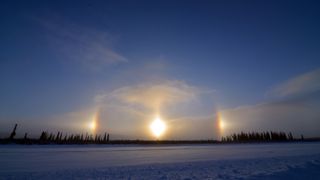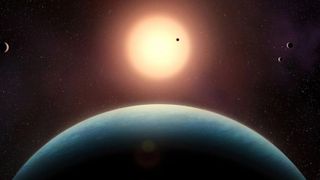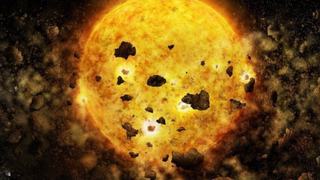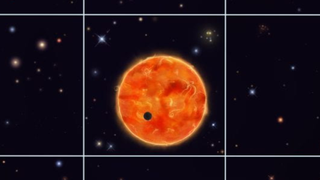Exoplanet news, features and articles
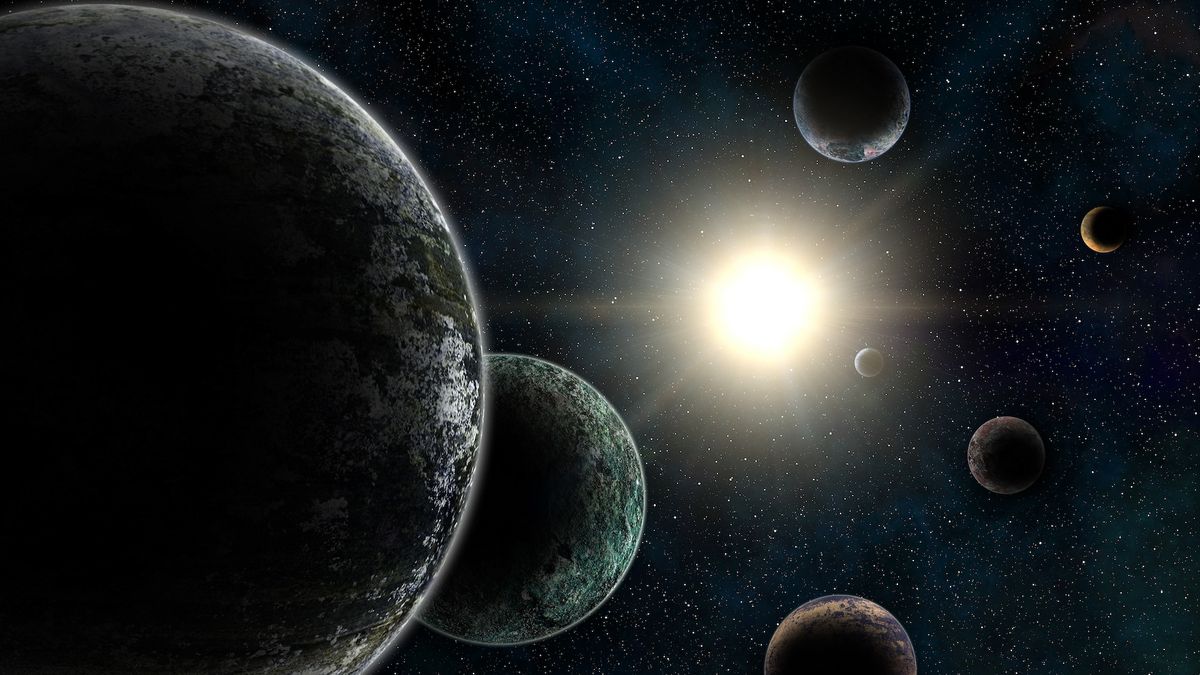
There are estimated to be trillions and trillions of planets orbiting the stars beyond our solar system. These alien worlds are called exoplanets, and Live Science is as curious as you are about what might be on them.
That's why our expert writers and editors track interstellar research, whether it's the discovery of a new class of exoplanet, a mirror-like exoplanet that "shouldn't exist," or the possibility of the first exoplanet outside the Milky Way. So whether it’s extreme exoplanets or just memorable facts, get the latest exoplanet news, features and articles here.
Discover more about exoplanets
Latest about Exoplanets
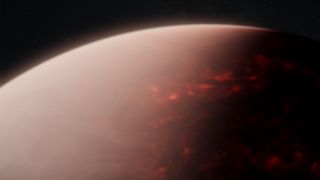
James Webb telescope uncovers a new mystery: A broiling 'hell planet' with an atmosphere that shouldn't exist
By Tia Ghose published
James Webb finds a hot planet that is tidally locked with its parent star, is coated with a thick atmosphere of volatile chemicals.
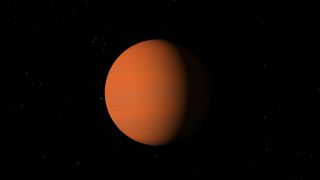
Science history: Astronomers spot first known planet around a sunlike star, raising hopes for extraterrestrial life — Nov. 1, 1995
By Tia Ghose published
About 50 light-years from Earth, a gas giant about half the mass of Jupiter orbits a sunlike star. The discovery of Pegasi 51 b ushered in a new era of exoplanet research.
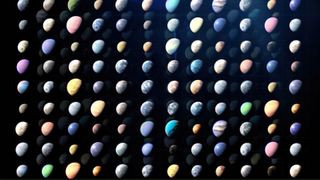
It's official: Humans have found 6,000 planets beyond our solar system
By Evan Gough published
Just two decades after astronomers discovered the first exoplanet, NASA has confirmed the existence of 6,000 alien worlds. The total will rise even quicker as next-generation telescopes take flight.
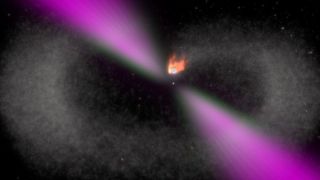
JWST finds planet with all-carbon atmosphere orbiting 'black widow' star
By Andy Tomaswick published
Scientists using the James Webb telescope have spotted an exoplanet orbiting a 'black widow' pulsar in surprising new observations.

A real-life Pandora? Newfound 'disappearing' planet in our neighboring star system could have a habitable moon, just like the Avatar movies
By Harry Baker published
The recent discovery of a potential gas giant circling the nearby star Alpha Centauri A has led to speculation that it may be orbited in turn by a habitable moon that could support life, just like in the "Avatar" movies.
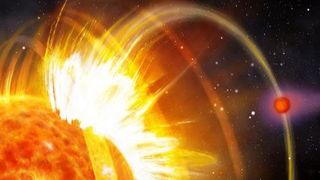
'A completely new phenomenon': Astronomers spot a planet causing its star to constantly explode
By Ben Turner published
Astronomers have spotted an alien planet orbiting so closely to its home star, the planet's magnetic field is triggering massive solar flares to erupt. This is the first time a planet has been seen influencing its host star.
Get the world’s most fascinating discoveries delivered straight to your inbox.


